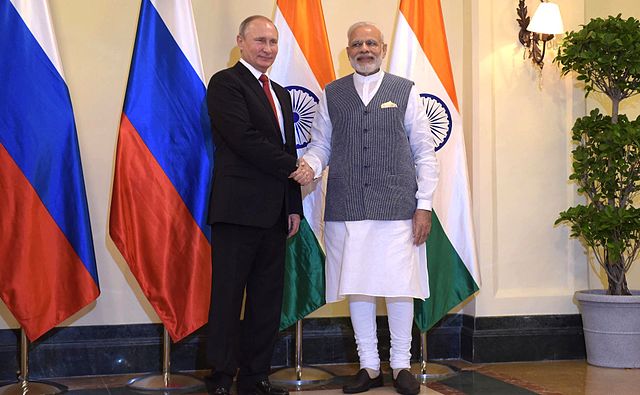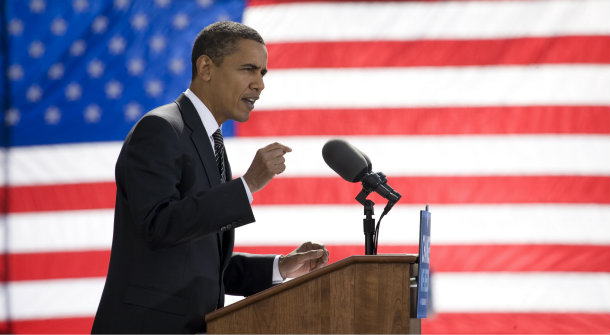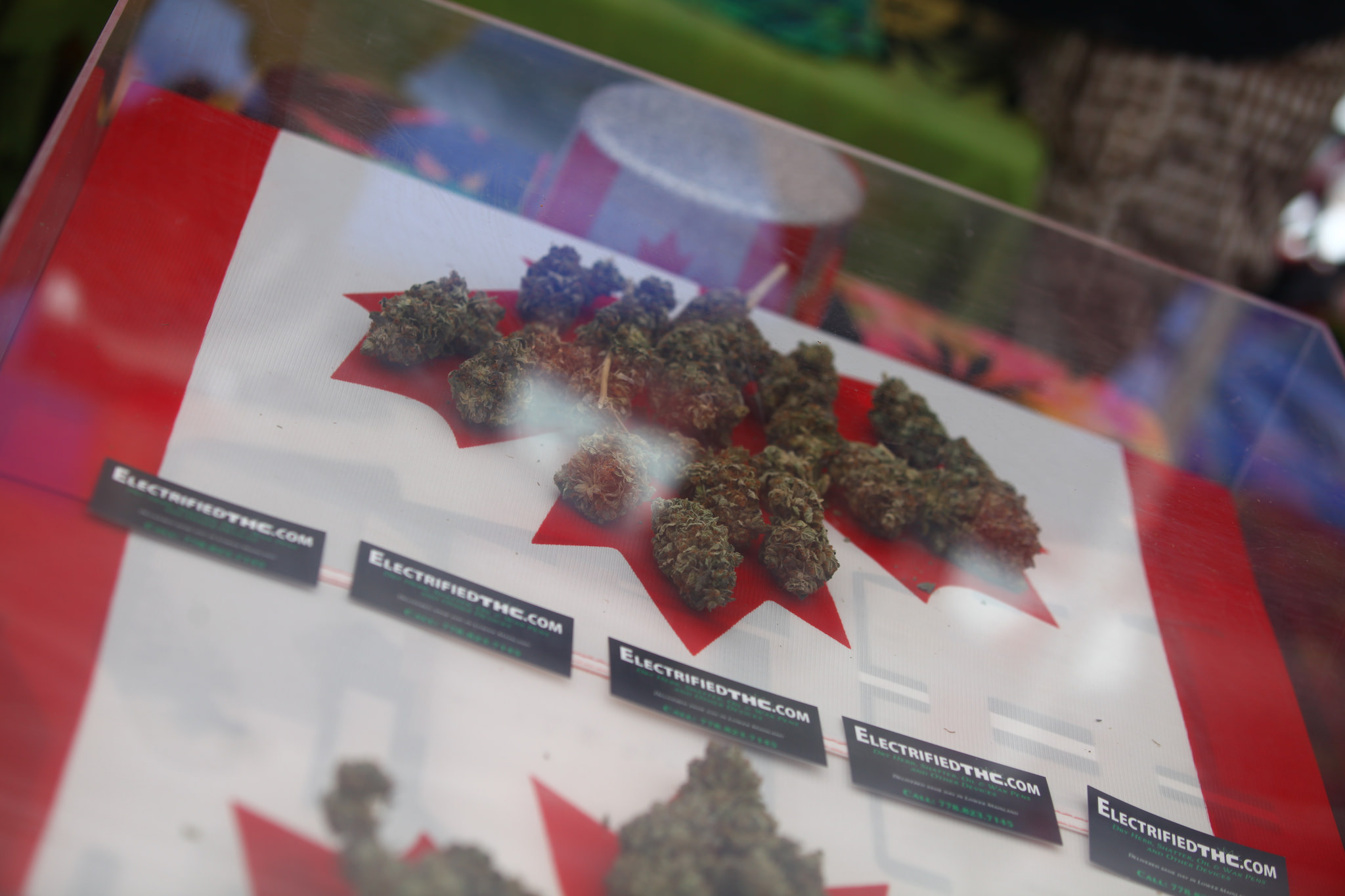In an emergency session of the UN’s General Assembly held on February 27th 2022, 141 of the 193 member states voted for a resolution that deplored Russia’s invasion of Ukraine and called for the immediate withdrawal of its forces. India, along with China and 33 other countries, abstained. Explaining its vote, India’s Permanent Representative at the UN, T.S. Tirumurti said, “India is deeply disturbed by the recent turn of developments in Ukraine. We urge that all efforts are made for the immediate cessation of violence and hostilities.” The delegate also added, “It is a matter of regret that the path of diplomacy was given up.”
While India justified its decision on the grounds that it aims to foster dialogue and diplomacy, further intentions and objectives must also be examined. It cannot be overlooked that although T.S. Tirumurti expressed that India was “deeply disturbed” by the escalation of tension along the Russia-Ukraine border, it did not actively condemn Russia’s actions. The diplomatic statement referred only to the recent turn of developments and made no mention of Russia’s actions.
Since the war in Ukraine began, India has been “sitting on the fence,” casting various procedural votes related to the conflict, including at the Munich Security Conference on February 19th, where India’s Minister for External Affairs, S. Jaishankar, rejected all allegations that India was fence-sitting. The minister pointed out that the conflict over Ukraine “derives from the post-Soviet politics, the expansion of NATO, the dynamics between Russia and Europe, and Russia and the West broadly.”
Several factors can shed light on Jaishankar’s statement. For one, history plays a role. The state of Kashmir has been a point of contention between its two bordering countries- India and Pakistan since the countries partitioned post their independence in 1947. This disputed region has resulted in three major armed conflicts thwarting all attempts to solve it for three quarters of a century.
During this time Pakistan had excellent diplomatic relations with the U.S. India too, needed a strong ally to deal with the posing threat. At this time, USSR which had also previously vetoed a number of resolutions in the UN Security Council in 1947, 1962 and 1971 extended its friendship and signed a treat of Peace, Friendship and Co-operation on August 9, 1971.
Consequently, India decided to abstain from voting on the UNSC to adopt a resolution condemning the Soviet Union and three other countries included in the Warsaw pact – Poland, Bulgaria, and Hungary – for its invasion of Czechoslovakia.
With the ongoing conflict over Ukraine, India’s foreign policy is more precarious than ever. Its commitment to remain neutral or ‘appease both sides’ in the war is not pragmatic; it poses a grave threat in the long run. With Russia, as its long-standing ally and foremost defense supplier, the Indian government requires military aid to bolster its national security, especially in a possible military confrontation with China. However, by being the only member of the Quadrilateral Security Dialogue (QUAD) that refused to impose sanctions on Russia, India could also lose its standing as the largest democracy in the world. It is unwise for India strategically to align itself with an autocratic country that is openly directing aggression toward sovereign states.
Given the current sanctions imposed on Russia, Russian financial and trade prospects are grim, which could eventually shrink its economy. Russia’s military support to India would then decline. Given India’s current foreign policy decisions, it would be left with few other military allies should it require military aid against a possible threat from Pakistan or China. While India believes it is choosing diplomacy over picking sides, the majority of countries, according to the UN vote, view India’s move as condoning an autocratic aggressor.
Indian diplomats must also tread cautiously in view of the growing friendship between the two leaders, Xi Xinping and Vladimir Putin, of China and Russia respectively. The Indian government must contemplate the thought that Russia’s foreign policy today may not mimic the USSR’s, which had protected India’s interests during its border conflicts in Kashmir at the time of the Cold War. It is also likely that, with growing tensions between India and China, Russia remains impartial between the two strong economies that too have a history of territorial conflict over the region of Aksai Chin.
Furthermore, the Indian government’s move to buy Russian oil at discounted prices, which it justifies by explicitly stating, “what it buys from Russia in a month is less than what Europe buys from Russia in an afternoon,” could damage India’s trade relations with the European Union. This could cause severe trade deficits, especially because the EU is India’s third-largest trading partner.
When India gained independence from its former British colonists, it was built on values of freedom and self- determination. As a country that was oppressed for 200 years, India’s democratic ethos aligns with the US that it also shares a lot of values with. Besides its political, economic, and military considerations, India should not forget the barbarity of having been tyrannized under colonialism.
India’s current position on Ukraine is detrimental to its foreign relations. By abstaining from decisions that are pivotal in shaping geopolitics, India is maintaining a risky position to say the least. While Indian foreign ministers have justified their actions on the grounds of supporting ‘peace,’ they are also consciously refraining from condemning a nation that is relentlessly threatening peace and democracy through its militarism. At a time when India needs to acquire allies the most, India is picking the wrong side. It may only be a matter of time before India battles a very similar security threat from its neighbours, Pakistan and China.
Photo: “President Vladmir Putin and Prime Minister Narendra in Goa, India,” (2016), by author Dmitry Azarov via http://en.kremlin.ru/events/president/news/53095/. Licensed under Creative Commons Attribution 4.0
Disclaimer: Any views or opinions expressed in articles are solely those of the authors and do not necessarily represent the views of the NATO Association of Canada




